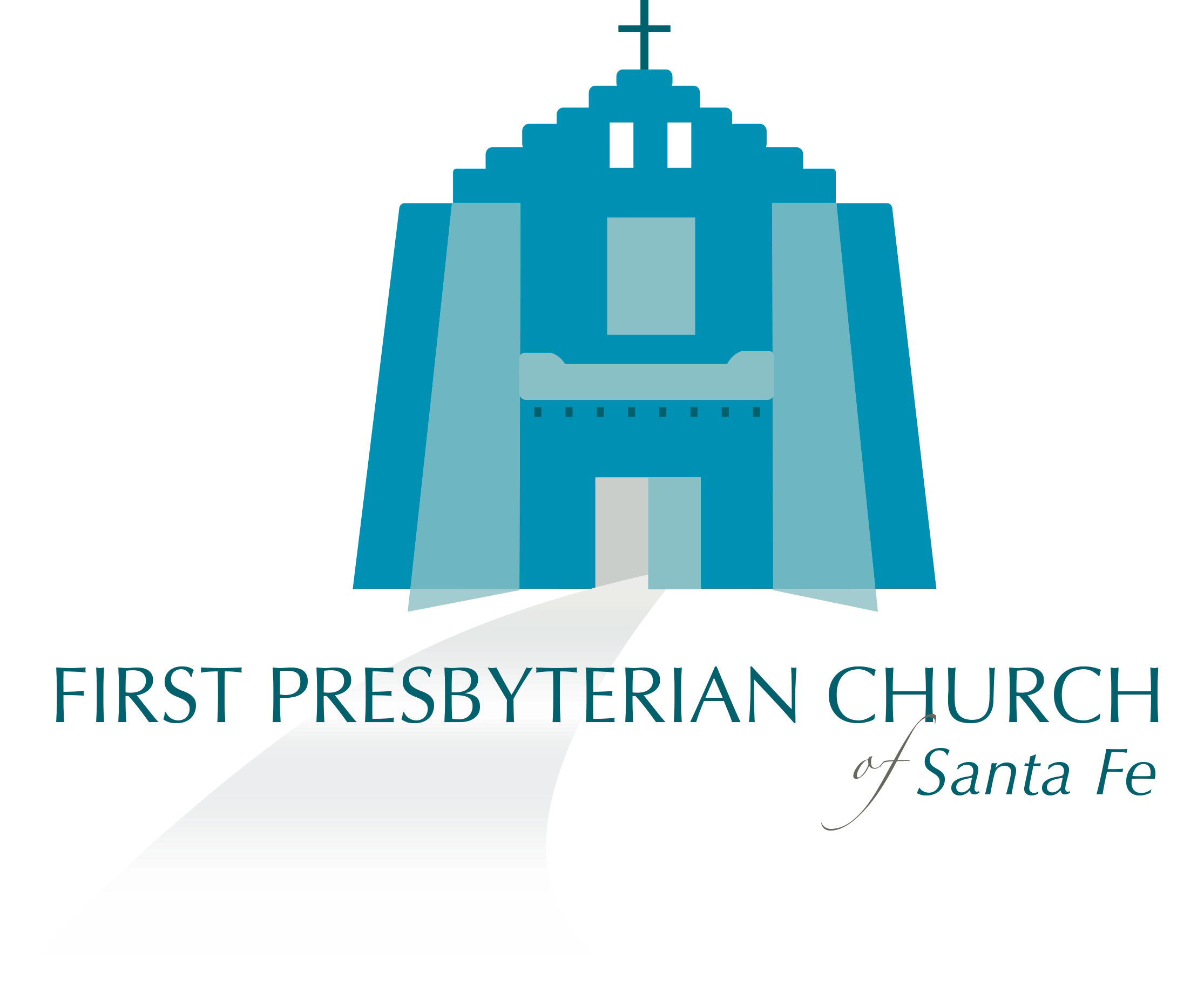Dear Saints in Santa Fe, and other far-off places—
Greetings in the name of Jesus Christ, who crossed the Sea of Galilee to a foreign and inhospitable land.
This land seems closer than ever before.
You may recall last week we left Jesus and his disciples on a boat after a storm and there was a great calm following Jesus’ pronouncement “Peace, be still!”
How can I experience that peace after the Supreme Court’s recent pronouncements that have upended our understanding of democracy? How can I be still when our cherished system based on the rule of law has been, by all evidence, upended by partisan judgments not based on precedence nor the Constitution?
Now, you might be thinking, the Church shouldn’t talk politics and pastors should stay away from such things. Keep to scripture. Keep to Jesus who simply loves everyone. Don’t rock any boats. Let politics be, so we can be the Church.
Now this is very important: Jesus didn’t stay away. It can be argued, and scholars do, that Jesus’ whole ministry was about confronting the power and oppression and cruelty of Rome. Make no mistake, Rome was callous and cruel, and devastatingly so. For Jesus to ignore this reality, to ignore the effects this had on the populous, would have been to turn his back on the Hebrew Scriptures and the great prophets who stood against Empire through the ages, to his understanding of God’s love for all creation, and to the people around him who were suffering so.
So, Jesus took his disciples and crossed the sea, countered a great storm, and intentionally faced Empire and its grip on people’s lives. According to our story this Sunday, Mark 5:1-13, when they reach shore, they are immediately met by a man with an unclean spirit who lived among the tombs. He had broken through his shackles and chains, and no one had the strength to restrain him. The man ran to Jesus and bowed down, worried that Jesus would torment him. Jesus responds, “Come out of the man, you unclean spirit!”
Now watch what happens. Jesus asks his name. He exposes him. He calls him out. He calls out evil. The man replies, “My name is Legion; for we are many” and begs him not to send him out of the country. In Jesus’ day, “legion” referred to the Roman legions, the powerful and brutal Roman army which had occupied, indeed possessed, Israel and its people. He is not only one man but represents many, a people, a country.
In his book The Politics of Jesus, biblical scholar Obery M. Hendricks, Jr. writes, “Mark’s veiled description of his country as having gone wild with self-destruction corresponds to the reality of his situation. . . The numerous matter-of-fact references in the Gospels to insanity, lameness, depression, abject dejection, bands of robbers, dispossessed farmers, enslaved debt defaulters, diseased beggars, disrupted menstrual cycles (which are often the result of extreme social tensions and anxiety), and revolutionary upheavals depict a society that in many ways appeared to be coming apart at the seams.” (p. 146)
Then Jesus gets involved. The legion is banished, sent into swine who drowned themselves in the sea, and the man is seen sitting before Jesus, unchained, and in his right mind. Peace is restored.
Oh, Jesus, come to our shores today. Oh, Jesus, call us by name. Oh Jesus, help us, too, call out evil when we see it.
Grace and peace,
Harry
